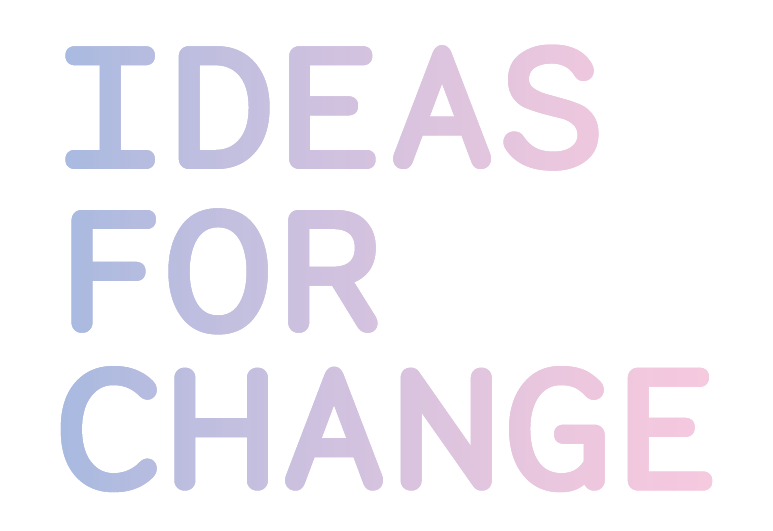This is how blockchain can contribute to a fairer and more transparent environment
By Anna Higueras, responsible for DLT4EU at Ideas for Change. (Originally published in Spanish)
Closing a project is no easy task, especially if it is DLT4EU, the European acceleration programme of blockchain solutions for the common good. In order to close this chapter properly, we asked several citizens about the use of these technologies in their daily lives. Despite the lack of knowledge about these tools, people agreed that they would use them if it were simple, and would allow them to bridge the gap between citizens and public institutions. Would that be possible? We answer and analyse these questions in two audiovisual pieces where the community explores the possibilities and benefits of distributed ledger technologies –DLT– in their day by day.
Despide their technical complexity, blockchain-based solutions must be understood from the perspective of their huge transformative potential. On many occasions – also in the DLT4EU project – innovation programmes in early stages are associated with a burden of technical complexity and a language barrier that makes them difficult to understand for those who are not familiar with their development.
However, explaining the benefits of the widespread use of blockchain technology to improve the transparency of resources in the public and social sectors, or explaining its usefulness in the traceability of materials and components in manufacturing and distribution processes, can help to bring citizens and institutions closer. The two videos we have produced, one focusing on the potential of solutions in the field of digital citizenship, and the other one on developments in the circular economy, aim to show how distributed technologies serve as a tool to help citizens and advance the public agenda towards a more transparent, sustainable and fairer future.
56% of citizens do not trust institutions, latest Edelman trust barometer reveals
What if the problem lies in trust, and not in the problems associated with the use of technologies? What if we could know how efficiently resources are distributed and how to justify the impact of the actions of an NGO operating in refugee camps? Is it possible to empower users to enter the electricity market as active players and stop being mere consumers? How do we move towards digital sovereignty?
In this first video, we try to explain how the use of blockchain could help us in meeting these challenges through the presence of experts and the interactions with citizens, potential users of the digital citizenship solutions developed.
We consume the resources of 1.6 planets annually to sustain our economy
How could we ensure that every home has an electronic device in the post-pandemic context? How should we act to reduce the amount of textiles wasted each year? Is it possible to trace and certify the provenance of resources? Can we facilitate the use of and access to integrated public transport and reduce the use of private vehicles? And how do we empower small producers in developing countries to get fair prices by reducing intermediaries?
These and other questions are raised in the course of the second video, which illustrates the critical situation we find ourselves in if linear resource consumption continues, and proposes solutions to reverse it.
A shared legacy with DLT4EU
By putting citizens at the centre, we can learn in any context. Showcasing the potential and benefits of technology used for the common good is one of our pillars. This is why this series of two DLT4EU episodes is named #FuturesThatRock, since listening to the perspectives and ideas of all participants puts the focus on the transformative power/change of citizenship.
At the same time, these two audiovisual pieces serve as a legacy of DLT4EU. The project has ended, but not its ecosystem. We will follow in detail the progress of the teams in their DLT solutions to contribute to a more transparent, resilient and sustainable society.
Stay tuned, read the final report of the programme and be inspired by our story, learning and experiences.
Keep reading:
Did you like this article?
Receive more content like this in your inbox!











